This seventh edition of the US National Intelligence Council’s Global Trends Report projects outward to 2040. After analyzing demographic, environmental, technological, political and economic trends, the government-based authors arrive at five possible future scenarios. The scenarios range from pessimistic to frightening. Only one offers hope. The authors predict a hotter, more polarized, tense and dangerous world – unless a profound political and technological breakthrough emerges, and nations and individuals unite with urgent purpose.
The COVID-19 pandemic halted global gains in living standards.
For the past several decades, global prosperity, living standards and longevity have increased, and the number of people living in severe poverty has fallen dramatically.However, the worldwide coronavirus pandemic undermined these trends.
The pandemic particularly affected those who experienced the greatest gains in living standards in the previous decades. These same populations will feel the effects of economic strain and climate change acutely.
Dashed hopes and declining prospects have provoked dissatisfaction, cynicism and mistrust, even in advanced economies.
Mistrust in institutions has produced heightened populism, identity politics, religiosity, nationalism, xenophobia and ethnic hatred. Even though vaccines may soon bring COVID-19 under control, its quick spread and severe impact revealed unresolved vulnerabilities stemming from the world’s increasing interconnectedness and interdependence. The pandemic pushed many institutions and governments to their limits. Distrust of government and its ability to...
The National Intelligence Council reports to the US Director of National Intelligence, the head of the US intelligence community. Every four years, at the beginning of the US president's new term, it produces a Global Outlooks forecast.









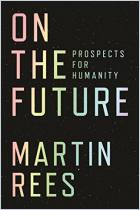
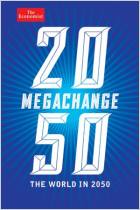
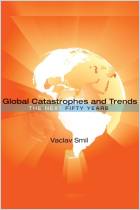
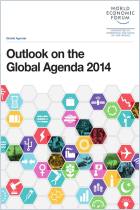

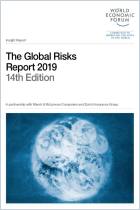

Comment on this summary or Iniciar a Discussão